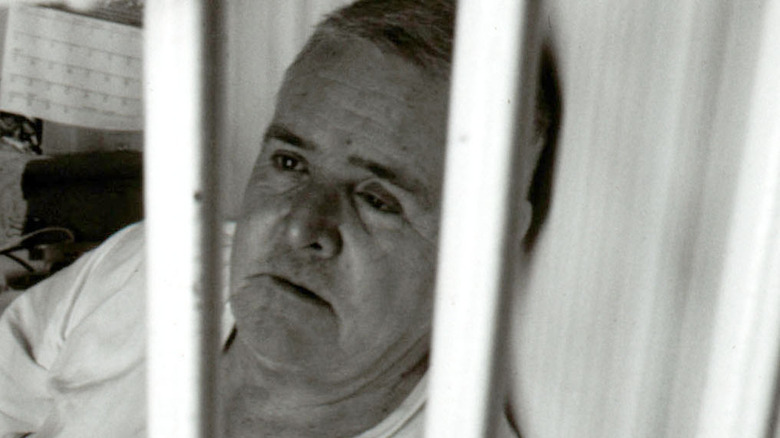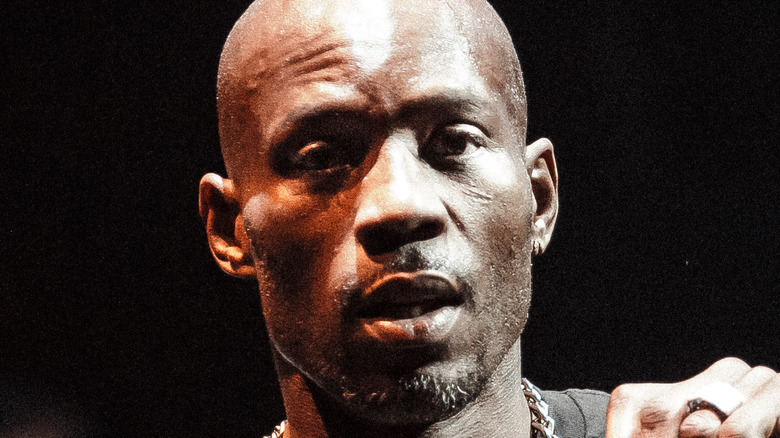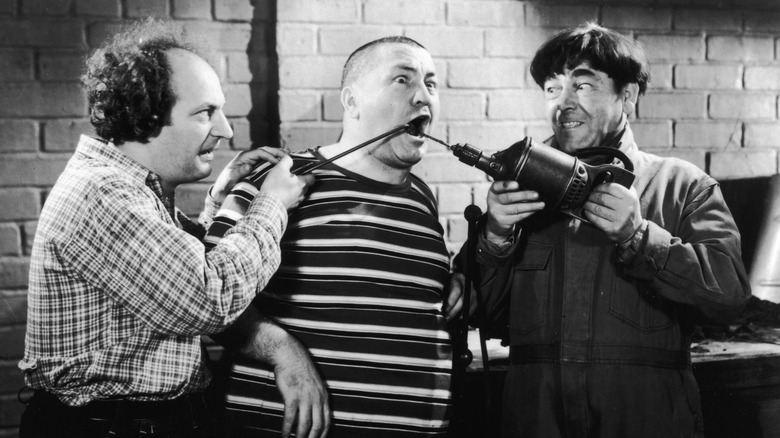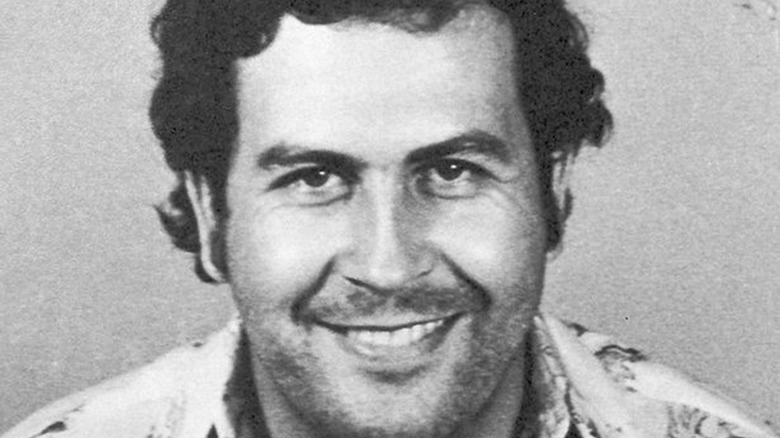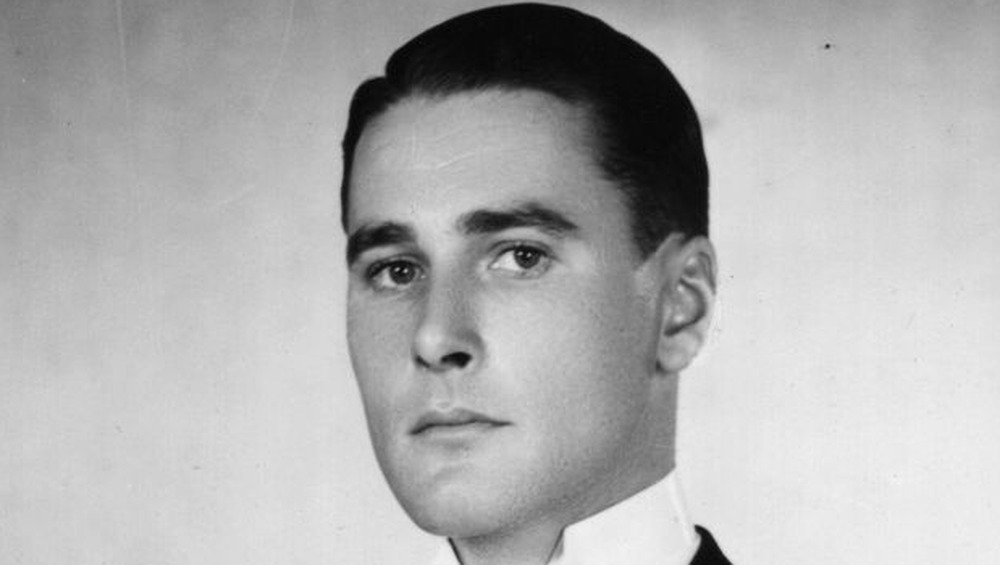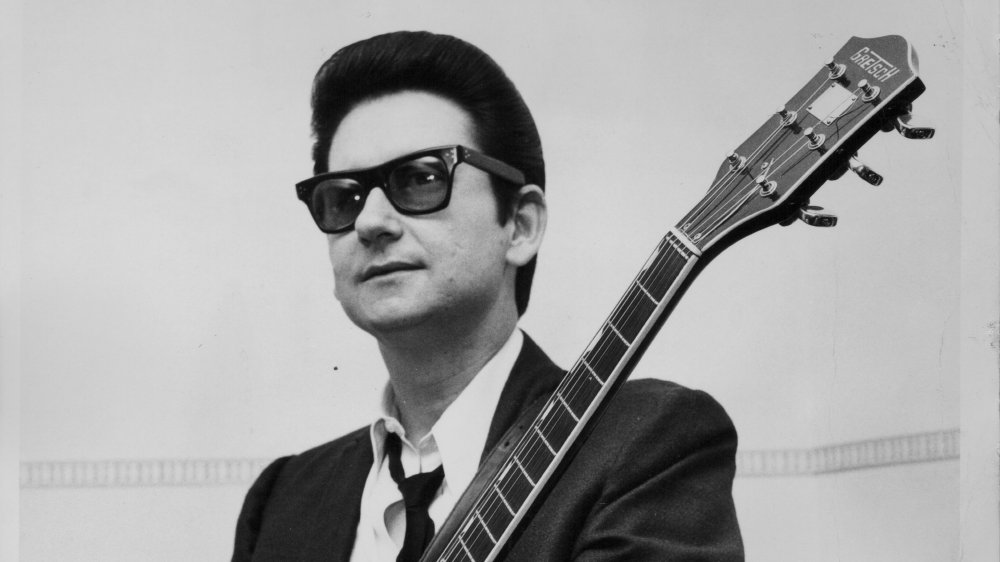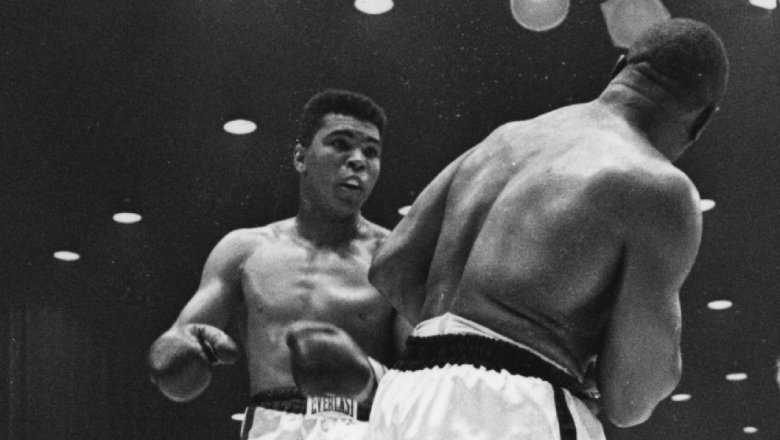
The Untold Truth Of Oscar Pistorius
In 2012, Oscar Pistorius seemed to be on top of the world. The famed South African runner had competed in the 2012 summer Olympic games in London, making him the first paralympic runner to ever cross over and compete in non-disabled Olympics, according to Biography. Just after completing his events there, he won gold at London’s 2012 Summer Paralympics.
He had captured the world’s attention with his athletic achievements, gaining worldwide fame and receiving $2 million in sponsorship deals following the games. His seemingly unending rise to the top came to an abrupt halt on the morning of February 14, 2013.
Pistorius had been born to a middle class family in Johannesburg, South Africa on November 22, 1986. At birth, he was diagnosed with fibular hemimelia, an absence of the calf bone, in both of his legs. At just 11 months old, his parents made the difficult decision to amputate his lower legs and have him fitted with prosthetics, rather than risk confining him to a wheelchair for the rest of his life, per Wired. He took his first steps on prosthetics, and by the time he entered school, he was already more active and athletic than most. He competed in water polo and rugby, and took up running at the age of 16 after suffering a knee injury while playing rugby. Doctors suggested that sprinting might help with his rehabilitation, according to the BBC, and it turned out that Pistorius was an exceptionally gifted runner as well.
A fatal shooting
He began achieving almost immediate success in races around South Africa, and soon began competing in paralympic running events. According to Biography, just eight months after he began running competitively, he took home the gold in the 200-meter race at the 2004 Athens Olympics.
But Pistorius didn’t stop there. He continued on to the 2008 Summer Paralympic Games, earning himself the nickname “blade runner” along the way. He aspired to compete in the non-disabled Olympic Games that year as well. He failed to qualify for the 2008 Summer Olympics in Beijing by the deadline, so he set his sights on the 2012 London Olympics. In the spring of that year, reports Biography, he qualified for the 400-meter race. While there were some criticisms about his leaving the realm of paralympic competition, Pistorius didn’t see any reason he shouldn’t be able to compete in both: “I am not a Paralympic athlete, nor an Olympic athlete. I am simply an athlete and sprinter,” quotes the BBC. It seemed the public agreed, and after his 2012 events, he was an almost universally admired athlete and beloved inspiration to many.
Less than one year later, however, his life began to unravel. Pistorius was arrested on the morning of Valentine’s Day 2013 after his girlfriend, the model Reeva Steenkamp, was killed in their home. Police arrived after Pistorius shot Steenkamp four times through the bathroom door. He didn’t deny shooting her, but claimed her death was a tragic mistake.
Pistorius received a 13-year sentence
According to Pistorius, he believed Steenkamp was still in bed, and the noises he heard through the bathroom door were coming from someone who had broken into his home. He claimed he had fired his weapon in self-defense.Although the story sounded shaky to many, it initially seemed the public, and the justice system, were inclined to side with him. When the trial began on March 3, 2014, it seemed likely that he would receive a light sentence. During the trial, however, details around Pistorius’s past began to come out. A psychological evaluation revealed he did not suffer from a generalized anxiety disorder, which he claimed had influenced his panicked reaction to the supposed home invader. It was also revealed that this was not Pistorius’s first time being accused of violence against women. According to Vanity Fair, he had been arrested for assault in 2009.
After a six-month trial, Pistorius was found guilty of culpable homicide and reckless endangerment, and received an eight-year maximum sentence, according to Oxygen. He served less than a year before being permitted an early release. Prosecutors opposed his shockingly light sentence, and appealed the verdict in 2015. The appeals court overturned the culpable homicide conviction in November 2015, and instead found him guilty of first-degree murder.
The courts ultimately increased Pistorius’s sentence to 13 years for the murder of Reeva Steenkamp. He remains in prison, and will become eligible for parole in 2023.

More Hilarious License Plates That Will Curb That Morning Road Rage

Who Is The Youngest NFL Player Ever?

Travis Kelce Is Worth A Lot More Money Than You Think

Here's How Much Super Bowl Refs Really Get Paid
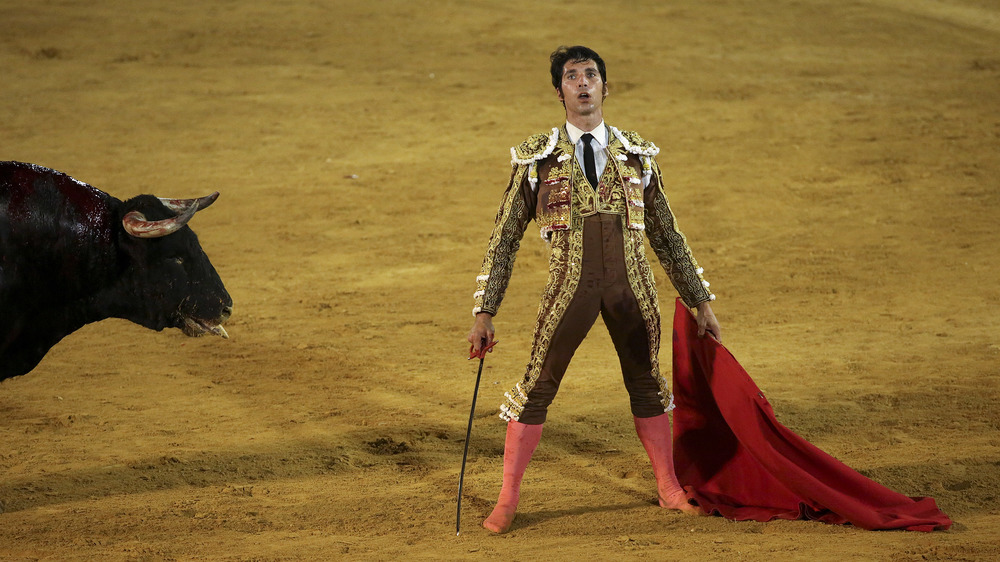
What It Takes To Become A Bullfighter

The Truth About The First Fatality At The X Games

What Is The Fastest Speed Limit In The World?

The Real Reason Paige Retired From The WWE

What You Don't See On TV At The Olympics

Strangest Things That Actually Happened During A Wrestling Match





